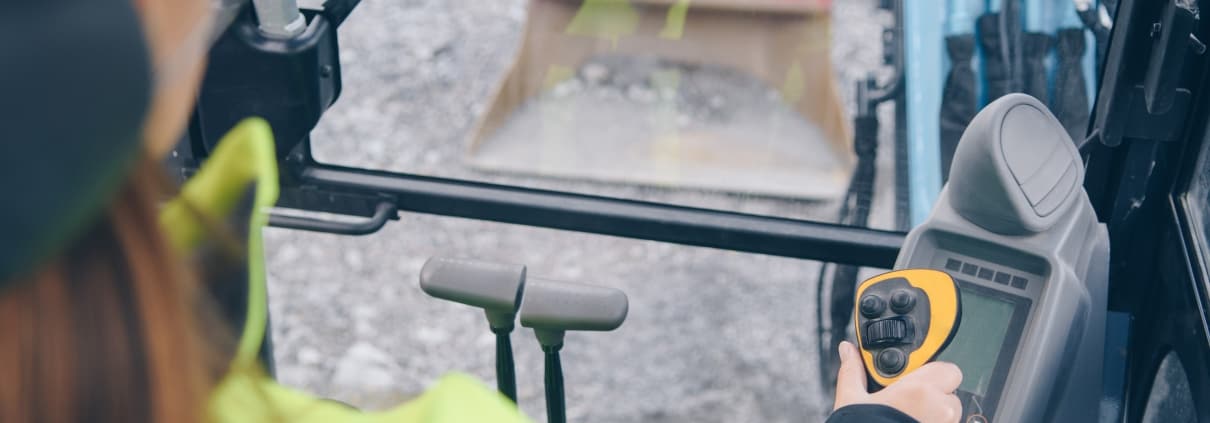Construction & Hearing Health: Preventing Hearing Loss at Work
Developer confirms big plans near Memphis International Airport.
New apartment development in Midtown.
Downtown project restarting after a pause for redesign.
I don’t have to drive far in the greater Memphis area to find a construction project. Development projects in our city are moving, which means more jobs and opportunities. It also means lots of noisy worksites.
As good as construction is for the economy and those who call Memphis home, working in construction is also among the top professions where it’s important to actively prevent hearing loss.
I want to share with you some of the dangers to hearing health that construction workers face disproportionately, and what you can do to protect your hearing if you work at construction sites.
How Common Is Hearing Loss in Construction?
It’s so common that the Centers for Disease Control and Prevention (CDC) keeps tabs on it. According to the CDC, around 14% of people in construction have significant trouble hearing. An additional seven percent have tinnitus, which may sound like a ringing, humming, static, or another sound in your ears when you’re in a “quiet” room.
By age 45, 17% of construction workers have some degree of hearing loss. This jumps to 65% as they approach retirement.
What Are the Risks for Construction Workers
Noise is by far the most significant cause of hearing loss. As a rule of thumb, any sound over 80 decibels can cause hearing loss with prolonged exposure.
80-85 dB is as loud as:
- A big rig driving past you
- Lawnmower
- Jet engine (flying…during take-off it can exceed 150)
- Motorcycle
- Dishwasher
It takes approximately 8 hours straight for the above sounds to cause permanent damage.
However, some sounds can do damage in under 30 minutes like a drill (15 min), table saw (4 min), or chain saw (1 min).
According to the CDC, construction equipment is typically between 80-120 dB. Some other big offenders include:
- Bulldozer
- Handsaw
- Road grader
- Asphalt Paver
- Front end loader
- Haul truck
- Excavator
- Other machinery
How to Prevent Hearing Loss at Work
Hearing loss is not inevitable. The CDC also found that hearing loss among construction workers is decreasing at a rate faster than other noisy industries. This decline is thanks to several factors like:
- More awareness of hearing risks among workers
- Improved education about preventing hearing loss
- Better hearing protection, worn correctly and appropriately to match the noise level (pre-molded earplugs, formable earplugs, canal caps, earmuffs, or a combination of earmuffs and earplugs)
- Limiting time exposed, when possible
- Regulations that protect workers (OSHA)
- Employers who act responsibly to prevent worker hearing loss
- Regular hearing tests (for early detection and to track progression)
I want to expand on that last one. It’s essential that you know where you stand. Given how common hearing loss is in your profession, it’s critical that you get regular screenings. These tests help you understand how quickly it is progressing so you can take steps to slow and prevent it.
There’s lots of construction going on around Memphis right now, and it is my hope that as many workers as possible keep their hearing. I encourage you to schedule a hearing test today to find out if you’re doing enough to prevent hearing loss.



